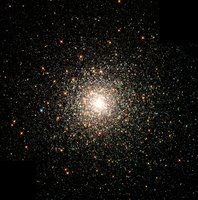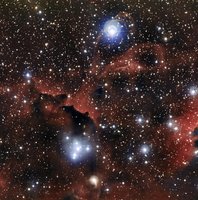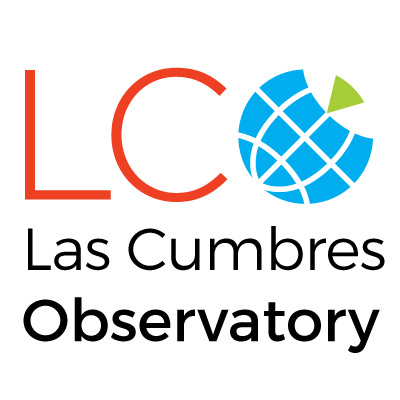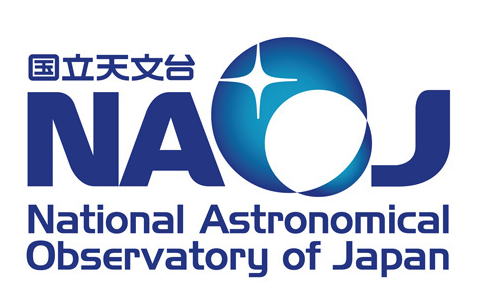To our eyes, the corona is about a million times dimmer than the Sun. We can only see it during a solar eclipse, when it appears around the Sun like a silvery halo.
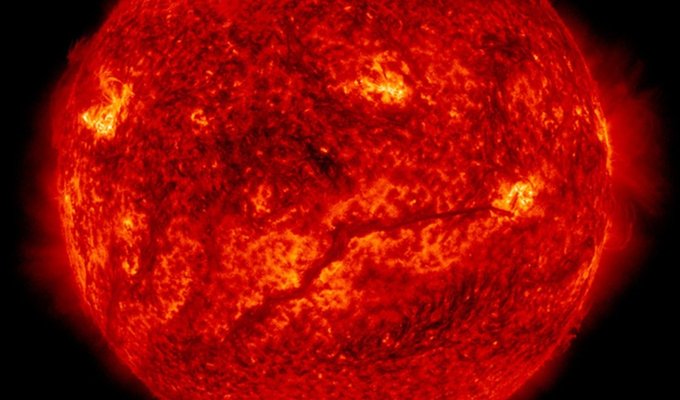
We know so much about the Universe that it’s hard to believe there are any big mysteries left to solve…but there are! One of the biggest mysteries in astronomy is about one of our closest neighbours: our very own Sun!
You couldn’t call the Earth ‘a big ball of rock’ and in the same way, you can’t call the Sun ‘a big ball of fire’. Like the mountains on Earth, the Sun’s surface is covered in its own interesting features. And just like Earth, the Sun has an atmosphere. It’s called the Corona.
Our Sun’s corona poses one of the biggest mysteries in astronomy. To understand this mystery, imagine a flame coming out of an ice cube. A similar effect occurs on the Sun!
Nuclear fusion in the centre of the Sun heats its core to 15 million degrees. By the time the heat arrives at the surface of the Sun, it has cooled down to 6,000 degrees. But the temperature of the corona soars back up to over 1 million degrees.
This unexpected extreme rise in temperature has puzzled scientists for over 70 years. However, astronomers think they just got one step closer to an answer.
Astronomers know that the Sun has a magnetic field, much like the Earth and the magnets stuck on your fridge. And that it plays an important role in this mystery. But the million dollar question is: how can a magnetic field create heat?
One possible answer to this riddle is 'waves'. Astronomers have seen waves rising in the Sun’s magnetic field. These waves could be adding energy to the corona in the same way that a perfectly timed push on a swing can make you go higher!





